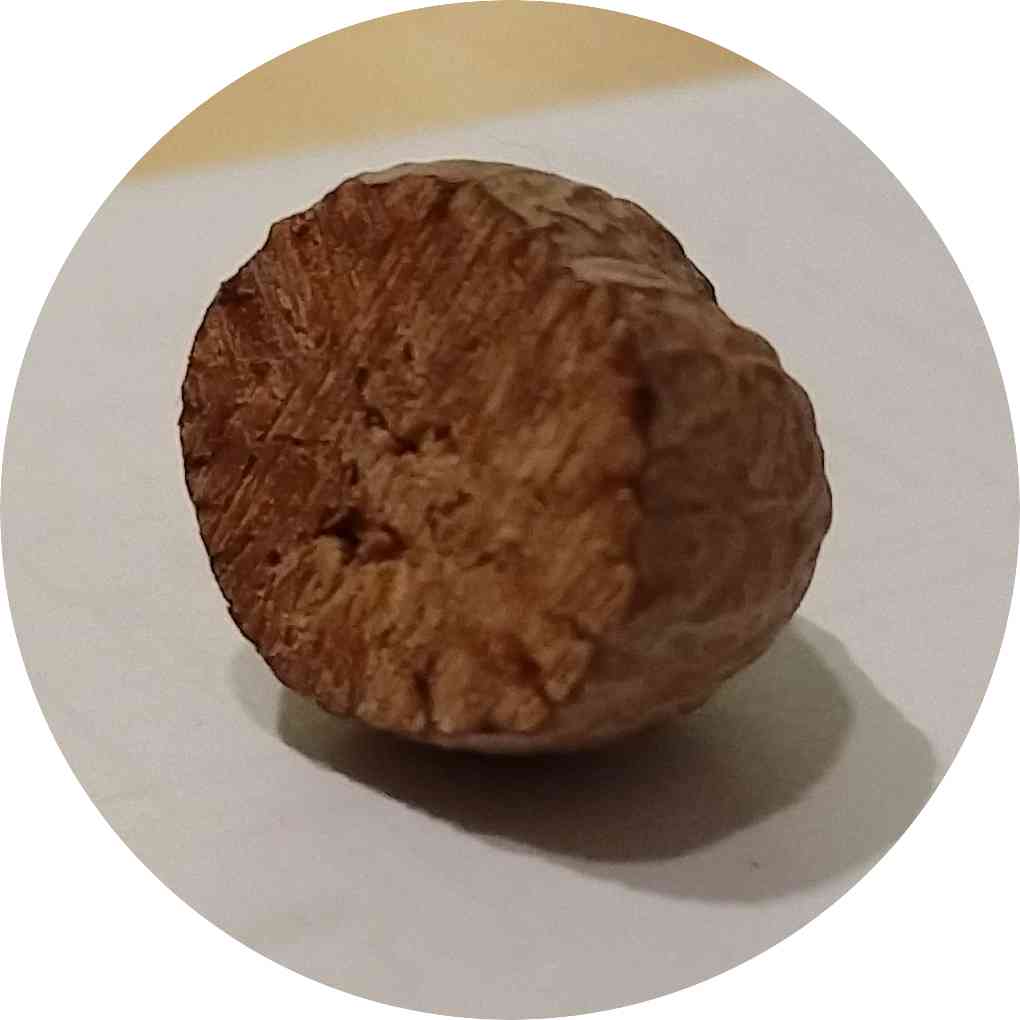How to write less ungood
In my internet readings, I come across these errors all the time. I have decided that today is the time to rant about them.
Maybe this helps some people notice a mistake or two that they have been making. After all, we learn language by reading other people’s texts, sometimes the new phrases we pick up just happen to incorrect (email me about my mistakes #ohtheirony).
The necessary grain of salt: Only apply this to your own writing, not to quotes, and not to discussions (like this post (meta, man!)) of the errors. Furthermore, never believe everything I say without independent confirmation.
On to the list:
- “it’s” = “it is”. ALWAYS. Remember this and there is no more
uncertainty on how to write the possessive “its”.
If you have already written stuff: Do a global search&replace of “it’s” to “it is”. Then go over all instances of “it is” and check if they still make sense; if not, try “its” and see if it is sense improves.
-
“comprised of”? If something is composed of something, why not write “composed of”?
-
In my not so humble opinion, there are only about 3 occasions for using the expression “beg the question”:
- explaining the actual correct meaning of btq
- lamenting the fact that practically nobody uses the correct meaning of btq
- admonishing people not to use the term btq (as I am doing here: do not use this expression!)
Then change all instances of “beg/begs/begging the question” to “raise/raises/raising the question”
-
Go to each instance where you wrote “phenomena”. Count exactly how many phenomena you are referring to. Change to “phenomenon” if that number is 1.
-
Do same with bacteria and bacterium.
-
“off of”: Where TF has this even come from? Especially “based off of” WTFF!?! “BASED ON”! FFS!
-
“to catch on fire”: This one makes me physically sick. It SHOULD mean something like “to catch in the act of being on fire”. Save important keystrokes and just say “to catch fire”, “to set fire to”. (You will need to work out if it is the subject or the object of the sentence that is catching fire.)
Note: I did not check this usage with the dictionary; if it is acceptable usage, I do not want to know about it. -
“could of” -> “could have” (unless you are playing a Discworld character whose low level of sophistication must be advertised whenever they open their mouth).
-
“virii”: Ah, the plural of the Latin word “virius”. Be prepared to tell me what a virius is.
-
“me” is not the proper form for the subject of a sentence. “Me and my friend are going fishing” should sound correct even if your friend is not coming, i.e. the grammatical structure of the sentence stays the same but the subject is different. Does “Me is going fishing” sound OK to you? You can use this trick for I/me, he/him, she/her, they/them; or even for “it is”/its.
Related: “Who” or “whom”? The Oatmeal’s grammar posters
